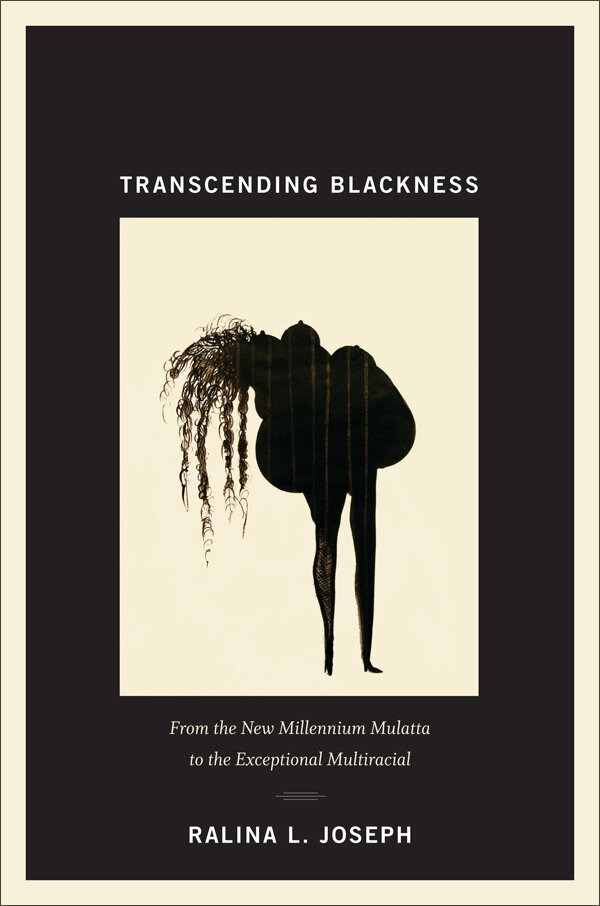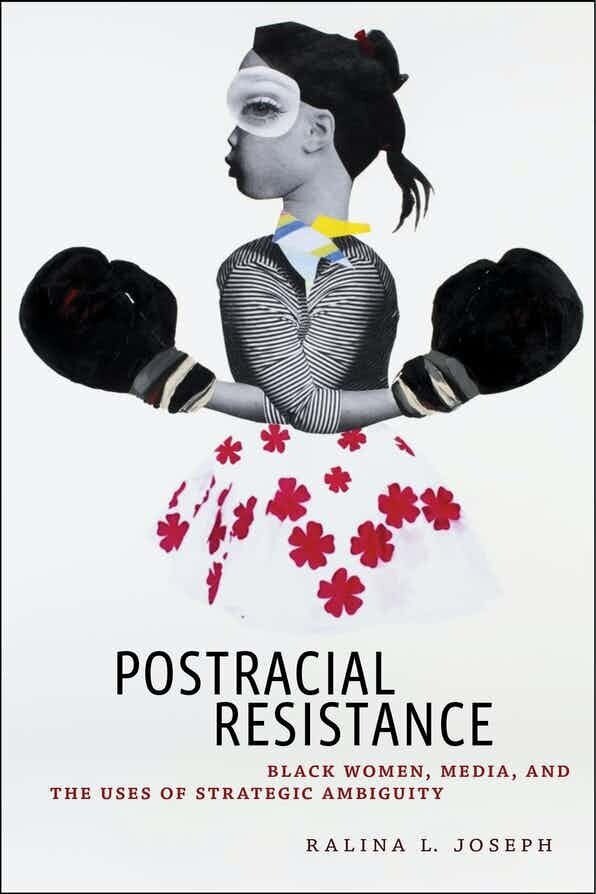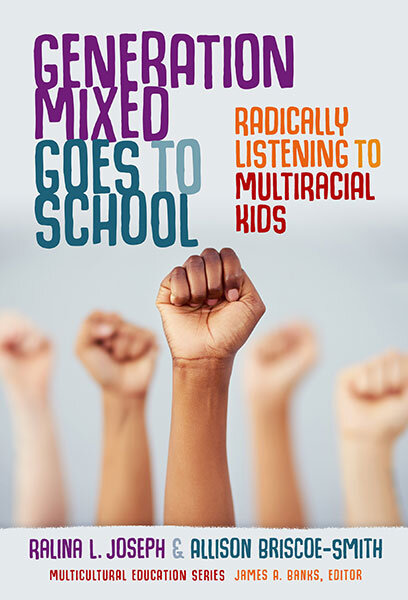New book alert! Website in progress!
How to build stamina to confront racial exhaustion and communicate differently about race
In the wake of diversity, equity, and inclusion initiatives, many Americans—regardless of race—find themselves exhausted by conversations about race and racism. People of color continue to bear the weight of systemic racism while also shouldering the burden of explaining and confronting daily microaggressions. White people, whether allies or skeptics, often feel defensive, fatigued, or uncertain about how to engage in discussions about race. Across the spectrum, the result is the same: exhaustion.
Drawing from her experience running "Interrupting Privilege," a racial dialogue program, Ralina Joseph blends personal narrative, real-world dialogue, and critical race scholarship to explore how we communicate race today—and how we can do better. Through practices of deep listening, embracing discomfort, and interrupting microaggressions, this book guides readers in transforming everyday interactions into opportunities for anti-racist change. Racial Exhaustion challenges us to recognize and address the fatigue that racial discourse brings while offering practical strategies to foster more equitable and productive conversations.
Ralina L. Joseph, Ph.D.
Who I am
Dr. Ralina L. Joseph is Vice Provost of Inclusive Excellence and Professor of African American Studies at UCLA. Her career spans over two decades of advancing inclusive excellence in higher education. At the University of Washington, she served as Professor of Communication and Associate Dean of Equity & Justice, leading initiatives for over 17,000 graduate students. She founded the Center for Communication, Difference, and Equity (CCDE), known for programs like “Interrupting Privilege,” which fosters transformative conversations on race and power.
Dr. Joseph is the author of four books, including Racial Exhaustion: How to Move through Racism in the Wake of DEI (NYU Press, 2025). Her research focuses on the intersectional nuances of racialized communication, Black representation, multiracial identity, and women of color feminism. She is widely recognized for her concept of “strategic ambiguity” in postracial discourse. A celebrated mentor and public scholar, Dr. Joseph has received numerous awards and is a frequent speaker nationwide. She is also a mother and community advocate dedicated to using dialogue as a tool for justice.






